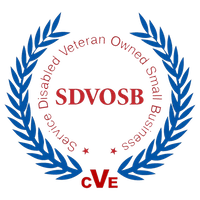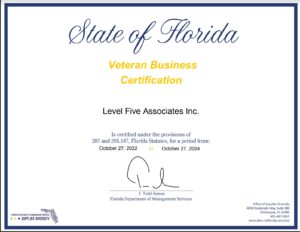This is part three in a series about the future of leadership.
“Bureaucracies force us to practice nonsense. And if you rehearse nonsense, you may one day find yourself the victim of it.” – Laurence Gonzales
Management expert and author Gary Hamel is known for his work on reinventing the concept of management for the 21st century and is a strong advocate for more collaborative, empowered, and innovative forms of leadership. Here is an excerpt from an interview where he defines the challenges created by a rigid organizational structure:
“…bureaucracy may be humankind’s most important innovation… [but] like all inventions, bureaucracy was of its time – and much like we’re moving away from combustion engines and single use plastics, we need to realize that bureaucracy brings costs we can simply not ignore, or afford any longer…”
“Bureaucracy was built to solve the problem of control – it’s an ideology and an architecture… The responsibility for strategy and direction is vested in the executives at the top and with the pace of change in todays’ world, by the time a problem or opportunity becomes big enough to capture the attention of someone at the top it’s already too late. Bureaucratic structures are antithetical to proactive change”. [1]
Having spent most of my adult life in bureaucracies, I think Hamel is right. Bureaucracies were built to solve the control problem in the midst of scale, especially in large organizations. They were relevant when information was expensive. Now it’s not. 
Future leaders must think differently about information and organize their teams accordingly. Bureaucratic management and complicated processes will be the recipe for failure in the future. If you don’t adapt, your competitors will.
Now is a good time to take a comprehensive look in the organizational mirror and see who’s looking back at you. Dedicate specific time and energy to conduct this review. Bring in some experts who don’t have “skin in the game” and will give you actionable recommendations. Make the organizational assessment part of your quarterly strategic reviews. Focus on collaboration instead of bureaucracy. It is not easy to change, but it is worth putting in the effort. Continuously ask the question: “How do we obtain, process, and learn from information?” The answers are what future leaders must clearly understand to be innovative and successful.
Enjoy the journey!
[1] Source: Gary Hamel in an interview with Vikas Shah in “A Conversation with Gary Hamel, the World’s Leading Expert on Business Strategy”; Thought Economics; July 23rd 2020.
Did you find this blog post beneficial? If so, please consider sharing it with your audience. It’ll just take a second, but could improve someone’s work habits for a long time to come.





